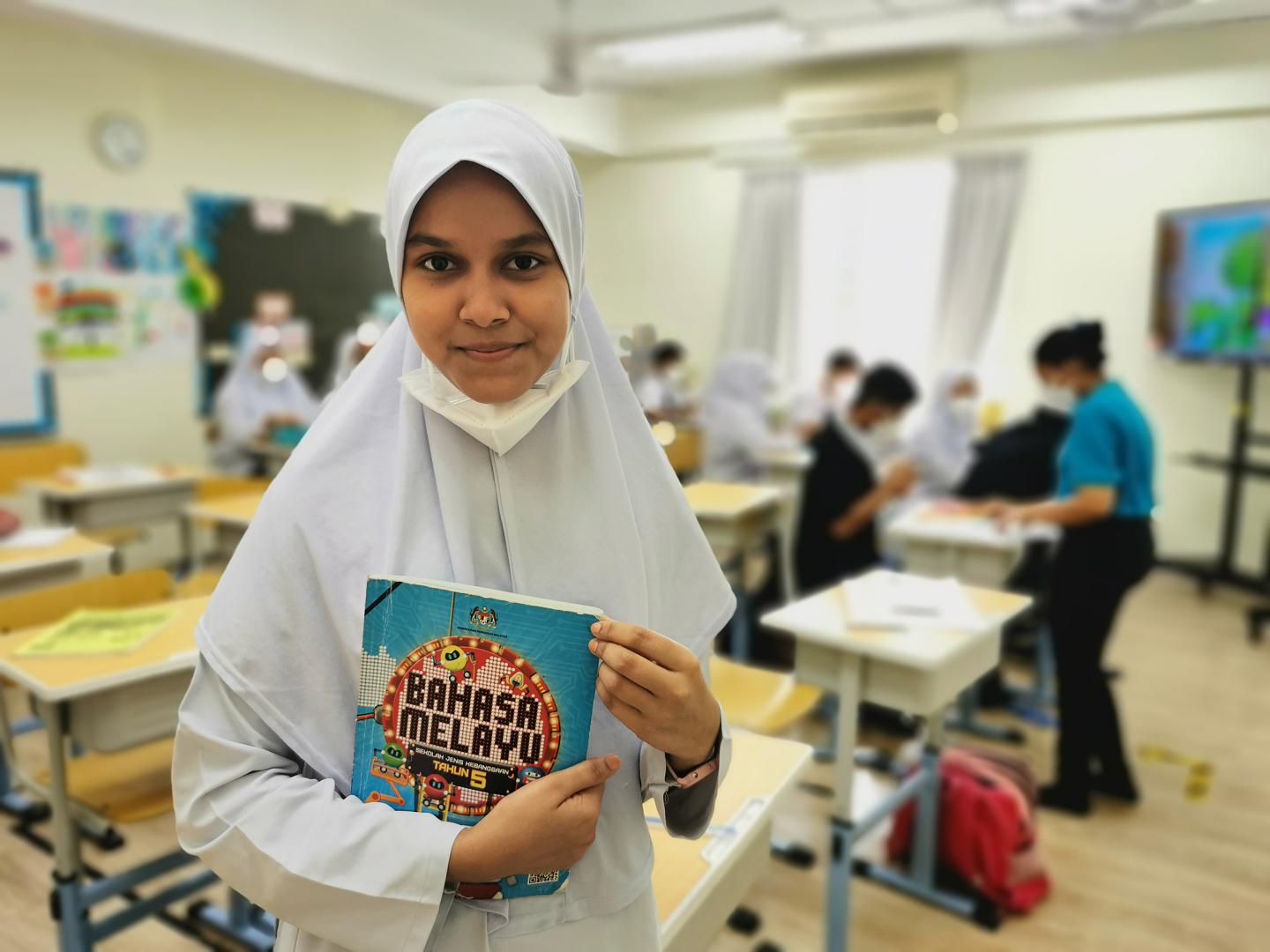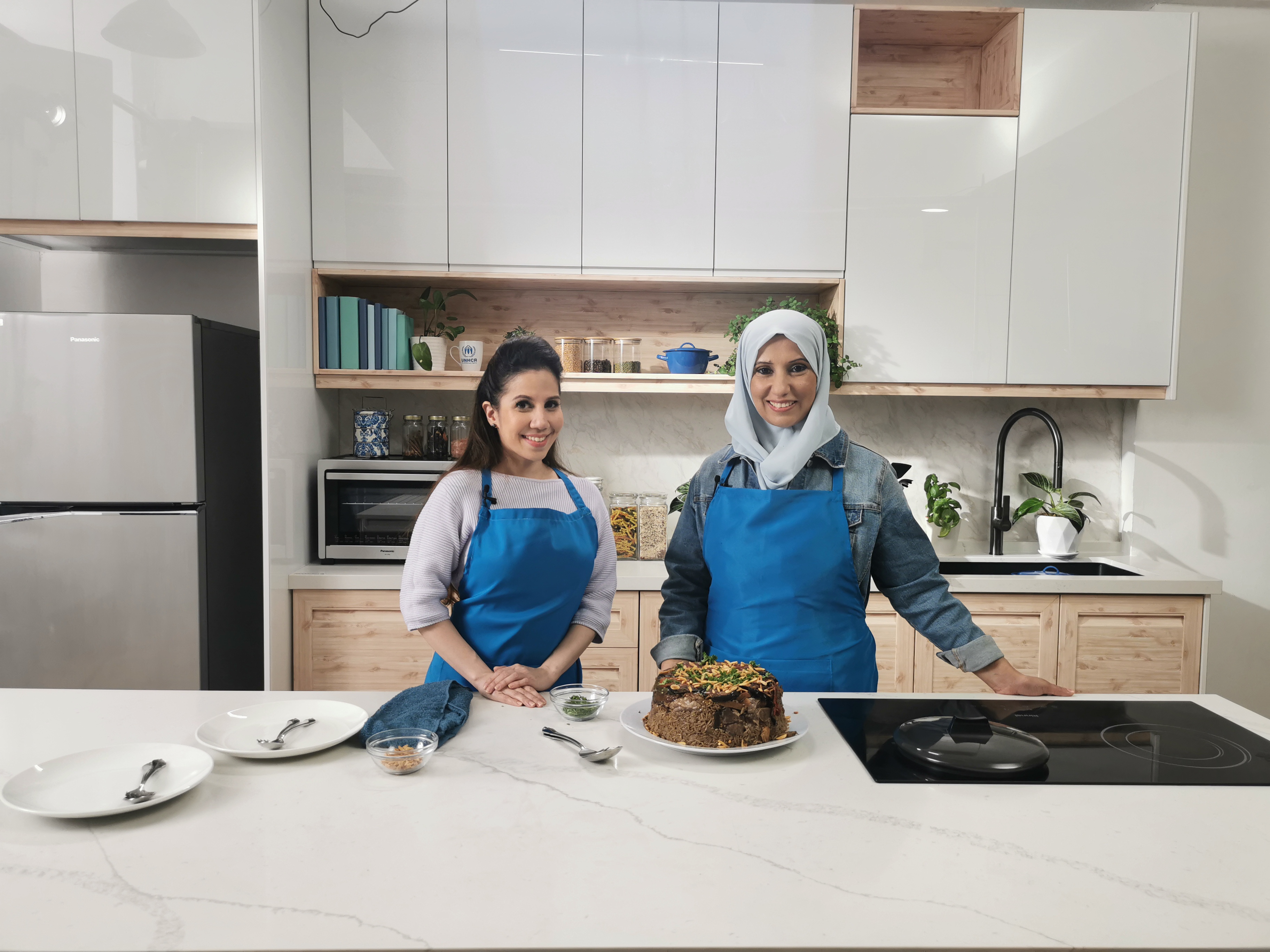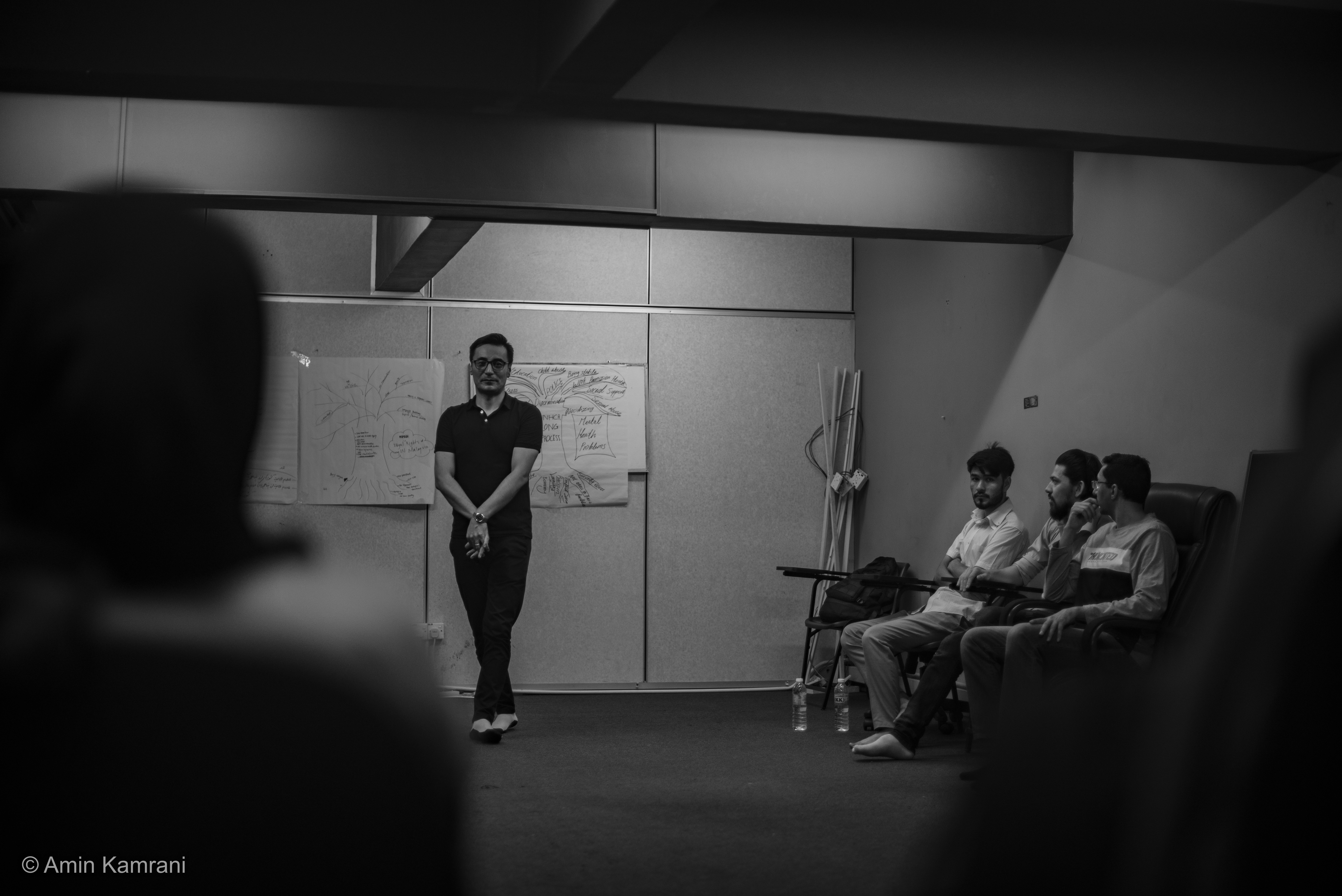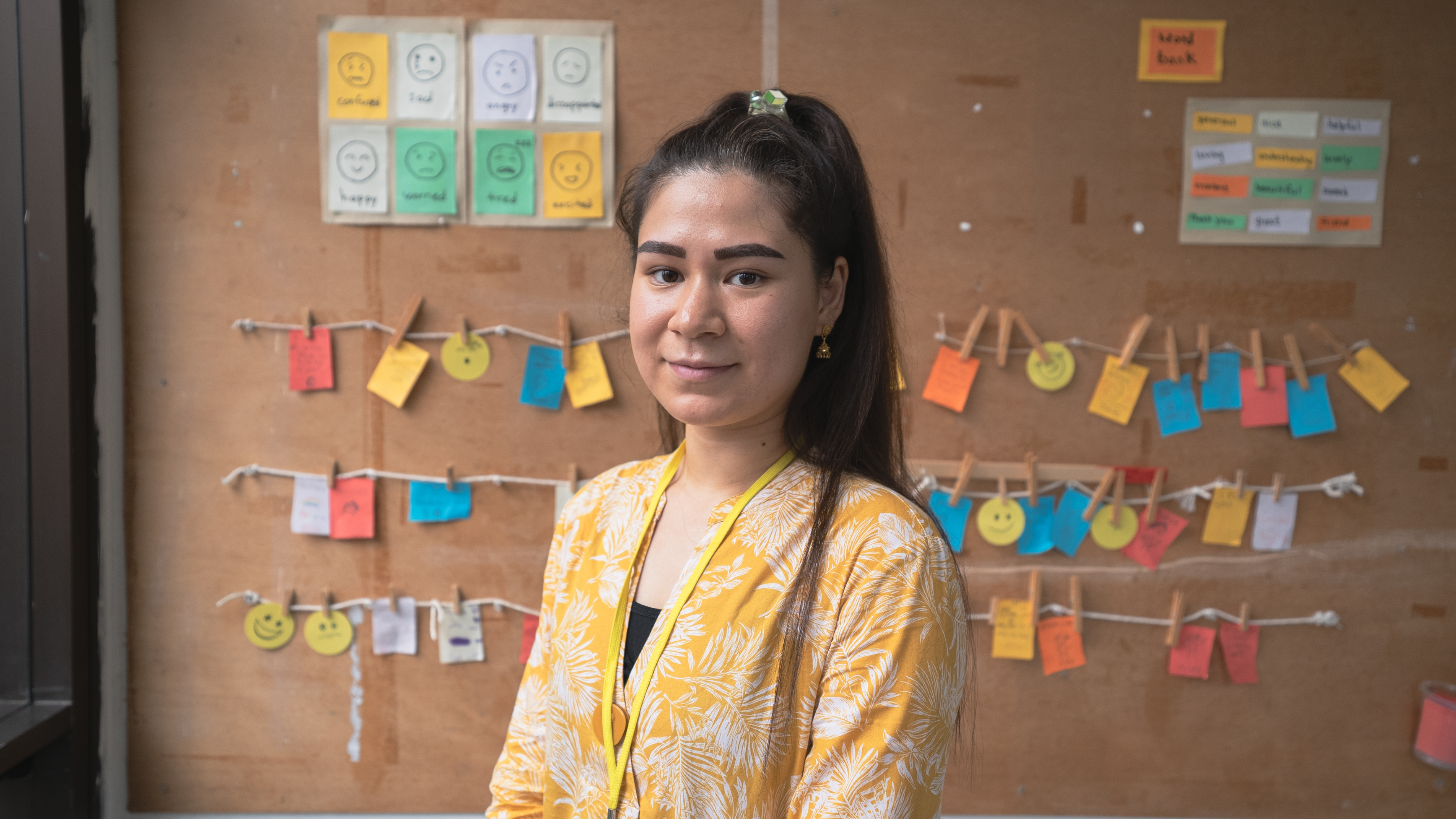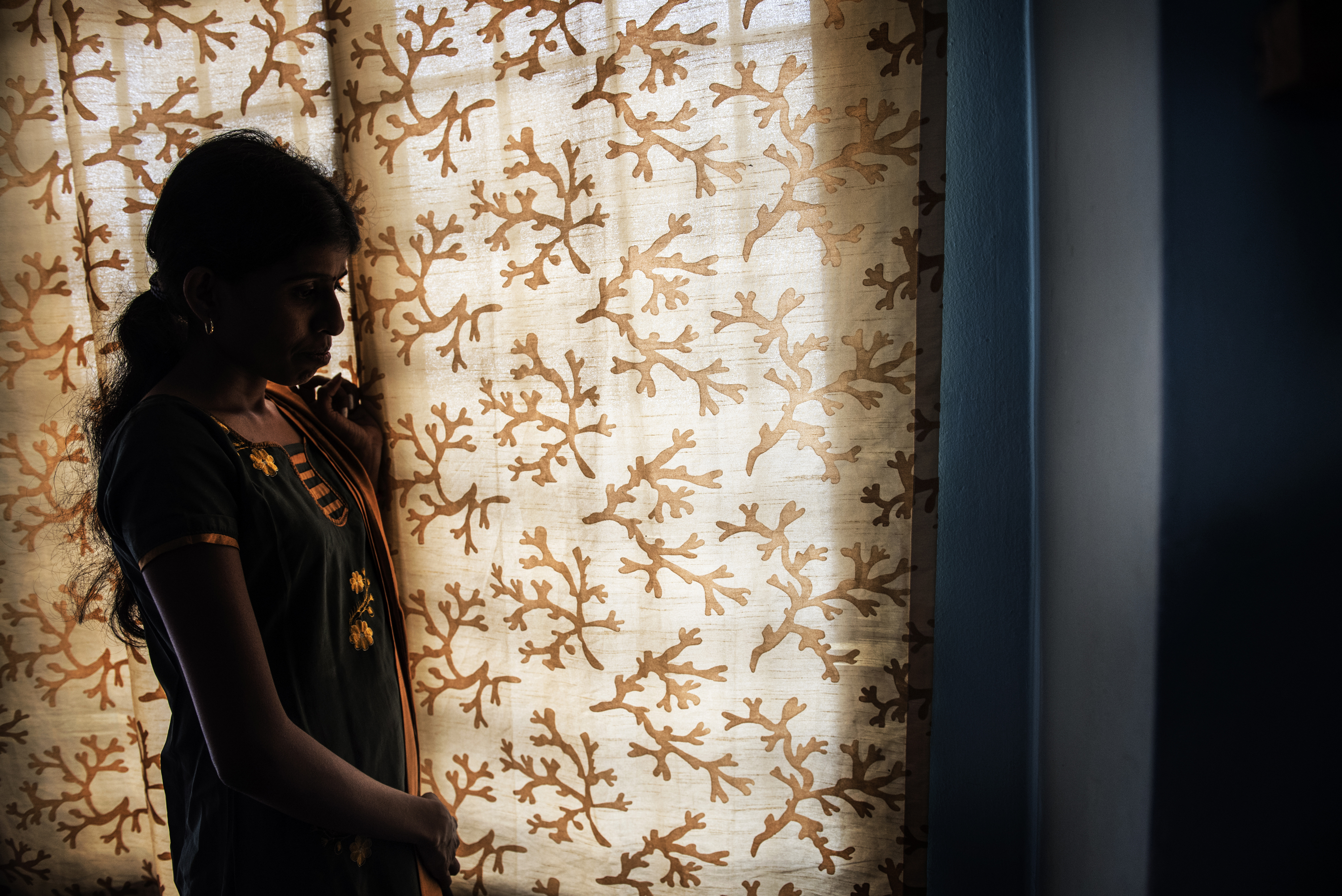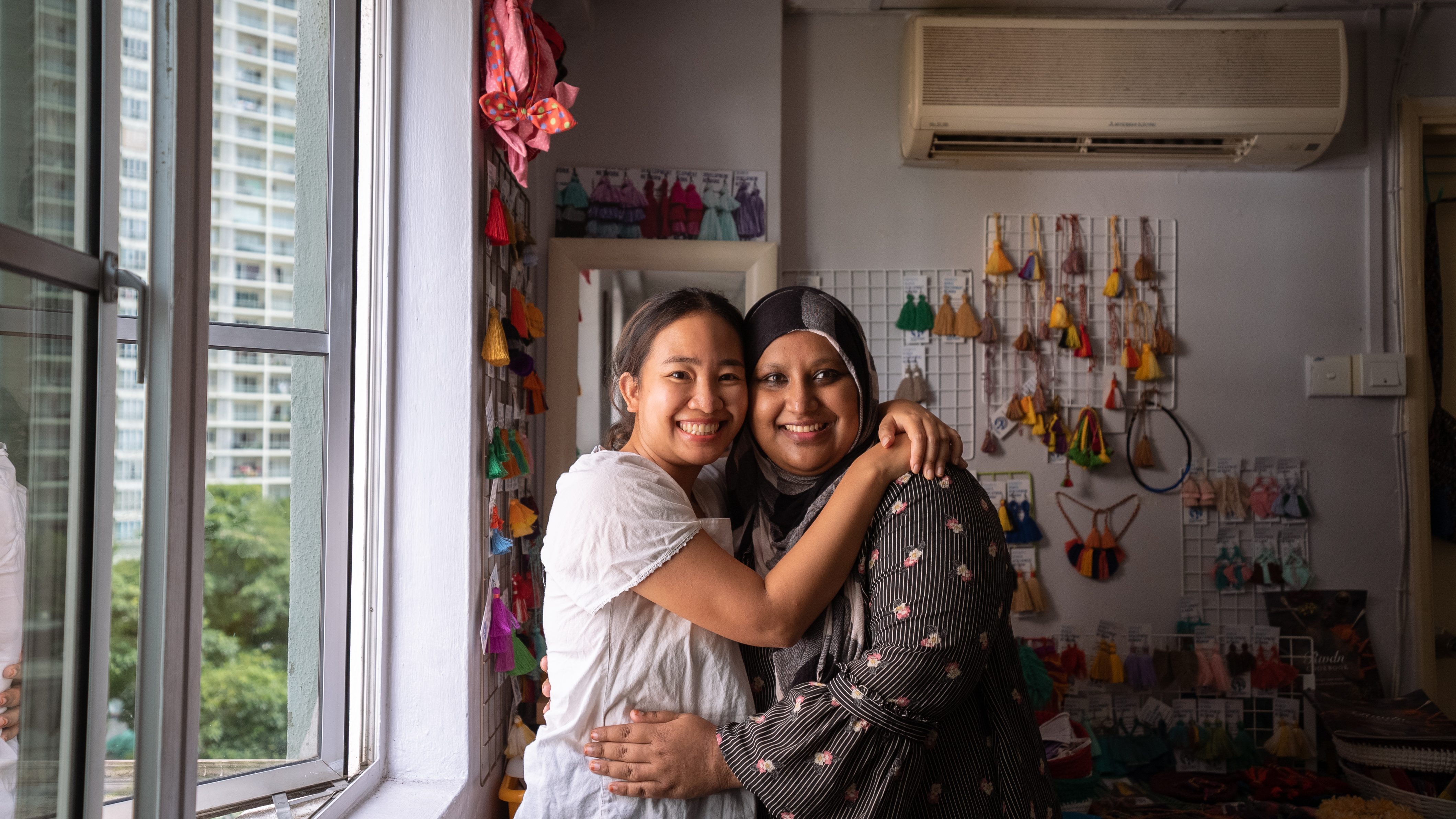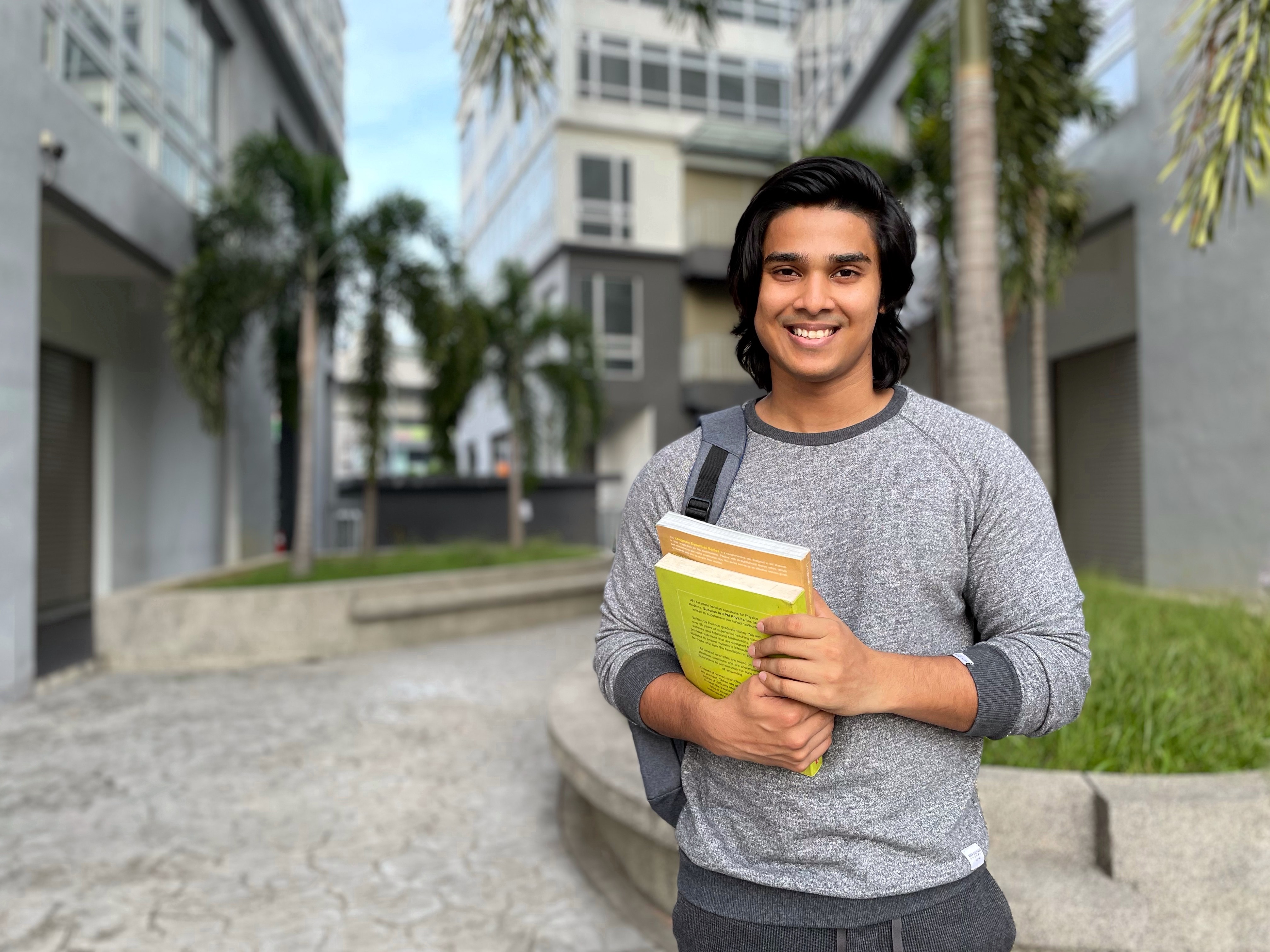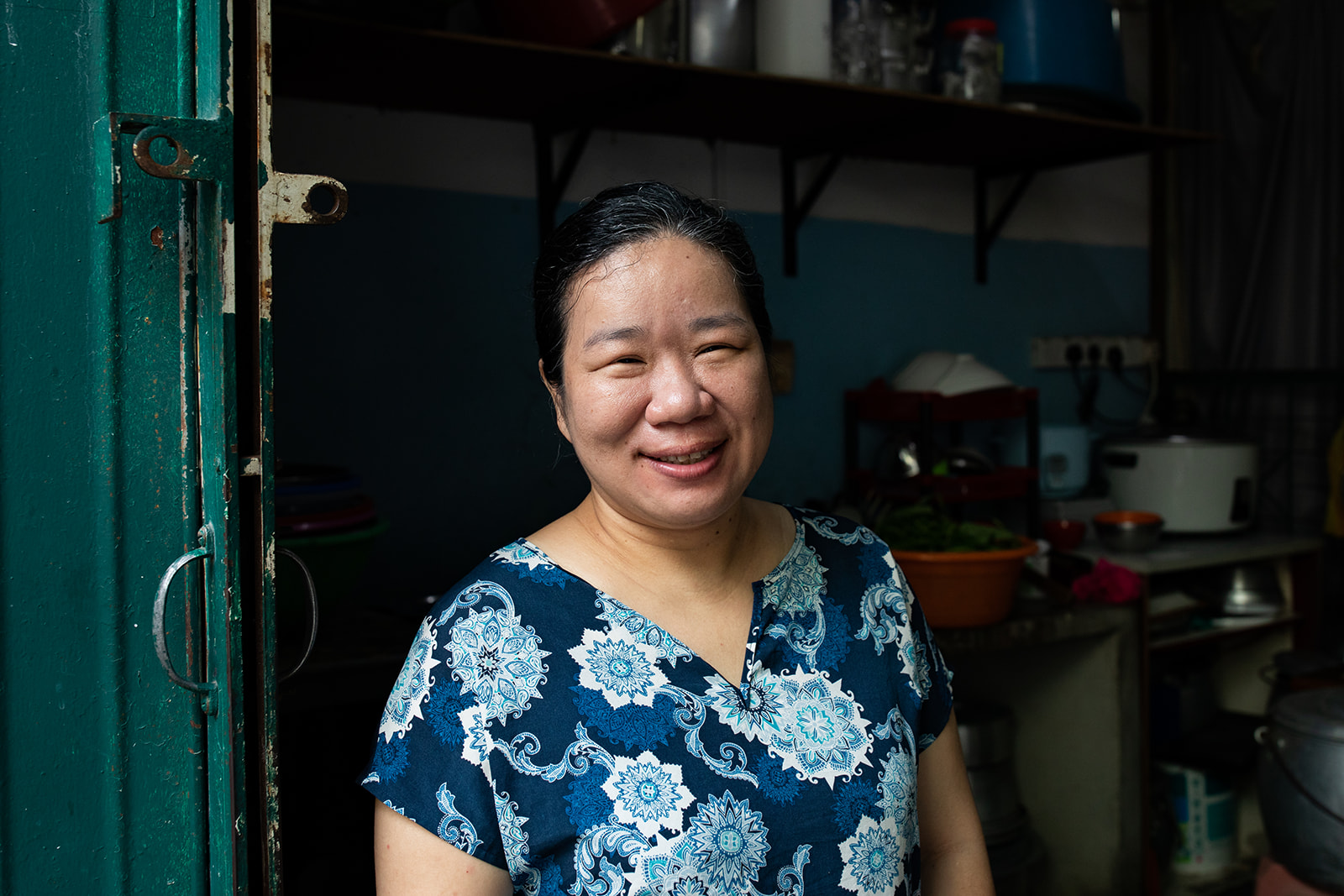Empower young girls with knowledge on reproductive health

Empower young girls with knowledge on reproductive health
“I was 11 years old when I first got my period. The first few times I menstruated, I really didn’t know what was wrong with me, and thought that I was sick. But after a few months, I realized that it was a normal occurrence as I was still alive, and it didn’t make me feel ill.
I came to accept that it was just how my body works, although I never understood the reason for it.
It was not easy going about my daily life during menstruation. I rolled up cloths and stuffed them into my underpants. I often felt anxious and experienced low confidence, so I would mostly stay in my room until it was over. Using a rolled up cloth is unhygienic and uncomfortable. You can develop rashes on your private parts, and I heard that it can even cause bacterial infection.
When I came to Malaysia 19 years ago, a friend first introduced me to sanitary pads. She had a baby, and I saw her use diapers – and I had never seen one before. I took one from her thinking I could use it when I bleed. I did this for a few months. Finally, I confessed to her, saying I had a ‘medical condition’ that made me bleed. My friend laughed at me and told me that it was normal for females to bleed every month, and showed me how to use sanitary pads.
Menstruating has been much easier since then. I never knew that I could menstruate in comfort, and ‘cleanly’. I wish someone had explained to me what was happening to my body, the changes I was experiencing, and how to deal with my period hygienically. I believe that all young girls should be educated on the importance of hygiene during menstruation for reproductive health.”
Hasinah is a 43-year-old Rohingya refugee living in Malaysia. She is part of a community project by the Rohingya Women’s Development Network which produces reusable sanitary napkins for vulnerable women.
Menstrual hygiene for refugees is more than just a need. It is a human right. #MenstrualHygieneDay


